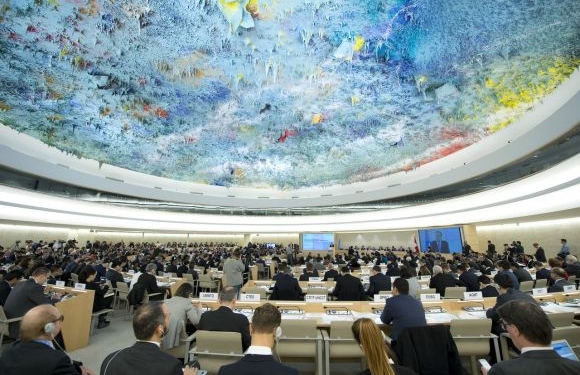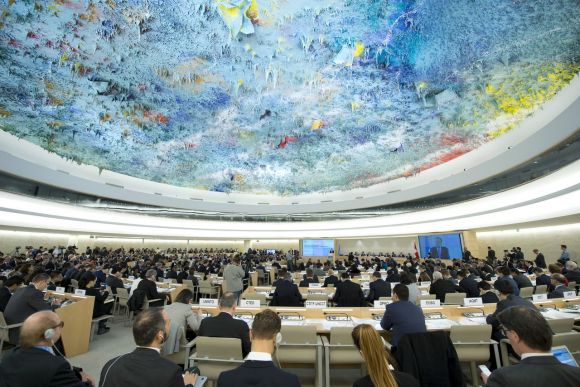The intentional disruption of internet has been condemned by the United Nations as a violation of human rights following a non-binding resolution passed by the UN’s Humans Rights Council recently. Although this kind of resolution can’t be enforced, it lends credence to the actions of digital rights activists around the world and puts pressure on governments.
Internet access has become crucial in our lives. Not only is the internet crucial for our work and leisure activities, it has also become paramount in spreading the of information to the public.
Traditionally, the only way to get a message out to the public — short of dropping brochures from a low-flying aeroplane — was the mass media (TV, radio, newspaper, etc.). But with the advent of the internet, everyone has a platform now.
Unfortunately, the world’s governments have begun to take action in controlling the internet and shutting access to it down as a means of controlling their citizens. During times of trouble, crisis or protests, governments around the world have been guilty of intentionally blocking or throttling internet access to limit the spread of information.
Connectivity, especially to social media sites, has been blocked or throttled for a wide variety of reasons ranging from big issues like the terrorist attacks on Istanbul’s airport in Turkey, to the block in Algeria which was simply to stop students from cheating in school tests.
This move by the UN is a significant one as internet shutdowns are growing increasingly common around the world. This resolution also reaffirms the UN’s stand on the fact that humans should be granted the same rights online as they would receive offline and that the intentional disruption of internet access was a violation of freedom of expression.









